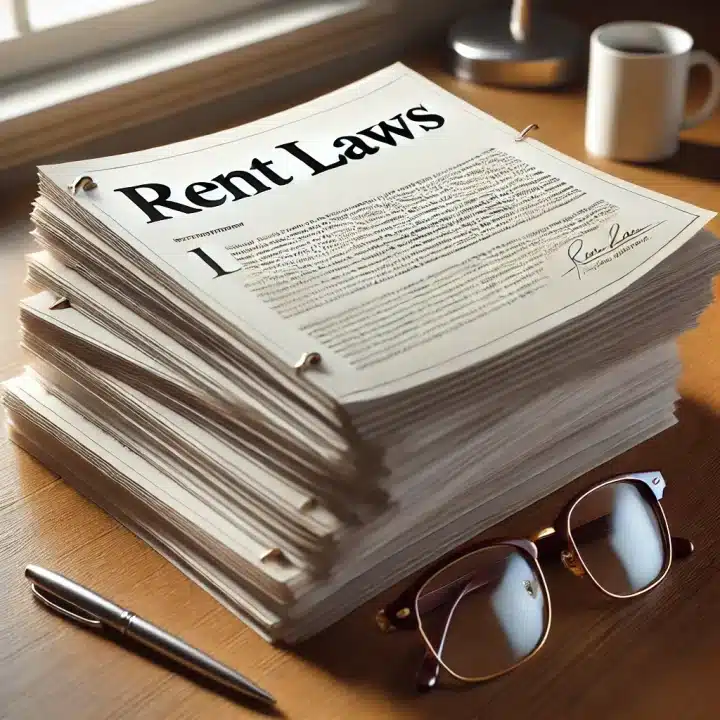As we move into 2025, several new rent laws have been enacted to address concerns over affordability and tenant protections across the country. Whether you’re a long-term renter or new to the rental market, these changes may affect your monthly budget and legal rights. This guide breaks down what you need to know about the new rent laws and how they protect tenants.

Overview of the New Rent Laws
Recent legislative updates aim to curb excessive rent increases, provide clearer guidelines for rent control, and strengthen tenant rights. These laws vary from state to state—but they generally focus on preventing sudden rent hikes and ensuring that tenants have a fair voice in lease agreements.
Some key objectives of these new laws include:
- Limiting Rent Increases: Caps on how much landlords can raise rent annually or between lease renewals.
- Enhancing Tenant Protections: Clearer procedures for eviction, mandatory notice periods, and requirements for lease renewal disclosures.
- Promoting Transparency: Rules that require landlords to provide detailed accounts of any rent adjustments and the reasons behind them.
What the New Laws Mean for Tenants
1. Caps on Rent Increases
Many states are implementing limits on the percentage by which landlords can increase rent. For example:
- Some states limit rent hikes to no more than 5-7% per year.
- Other local jurisdictions have adopted a formula tied to inflation rates, ensuring that increases remain predictable.
2. Improved Notice Requirements
Under the new regulations:
- Landlords must provide extended notice periods for rent increases, often 60 to 90 days.
- Tenants now have more time to seek alternative housing arrangements or negotiate lease terms.
3. Stronger Eviction Protections
Recent laws also focus on eviction reform. Key measures include:
- Mandatory mediation steps before eviction can proceed.
- Restrictions on evictions without documented cause.
- Emergency procedures that offer additional time for tenants to settle overdue payments, particularly during economic hardships.
4. Enhanced Transparency and Accountability
New laws often require:
- Detailed breakdowns of all rent components.
- Written explanations for any rent increase, making it easier for tenants to challenge unjustified hikes.
- Regular audits in some cases to ensure compliance by property managers.
How to Stay Informed and Protect Your Rights
- Review Your Lease: Before signing or renewing a lease, carefully read the document for any clauses related to rent increases or eviction policies. Familiarize yourself with local rent control ordinances and tenant laws.
- Attend Local Workshops: Many tenant advocacy groups and local governments host informational sessions that explain new laws and provide advice on negotiating leases.
- Know Your Rights: Resources such as local housing agencies and legal aid organizations are available to help you understand your rights under the new laws. Don’t hesitate to seek legal advice if you believe a rent increase is unjustified.
- Document Everything: Keep written records of all communications with your landlord regarding rent increases, repairs, or disputes. This documentation can be crucial if you need to challenge a decision legally.
Conclusion
The introduction of new rent laws in 2025 is a significant step toward better protecting tenants and promoting fair housing practices. By understanding these changes, you can ensure that you’re well-informed about your rights, prepared for upcoming rent adjustments, and ready to negotiate more favorable lease terms. Stay proactive by reviewing your lease, engaging with local tenant resources, and keeping detailed records of all relevant communications.
For ongoing updates and in-depth coverage of tenant rights and housing policies, keep following our comprehensive guides on FingerLakes1.com.
